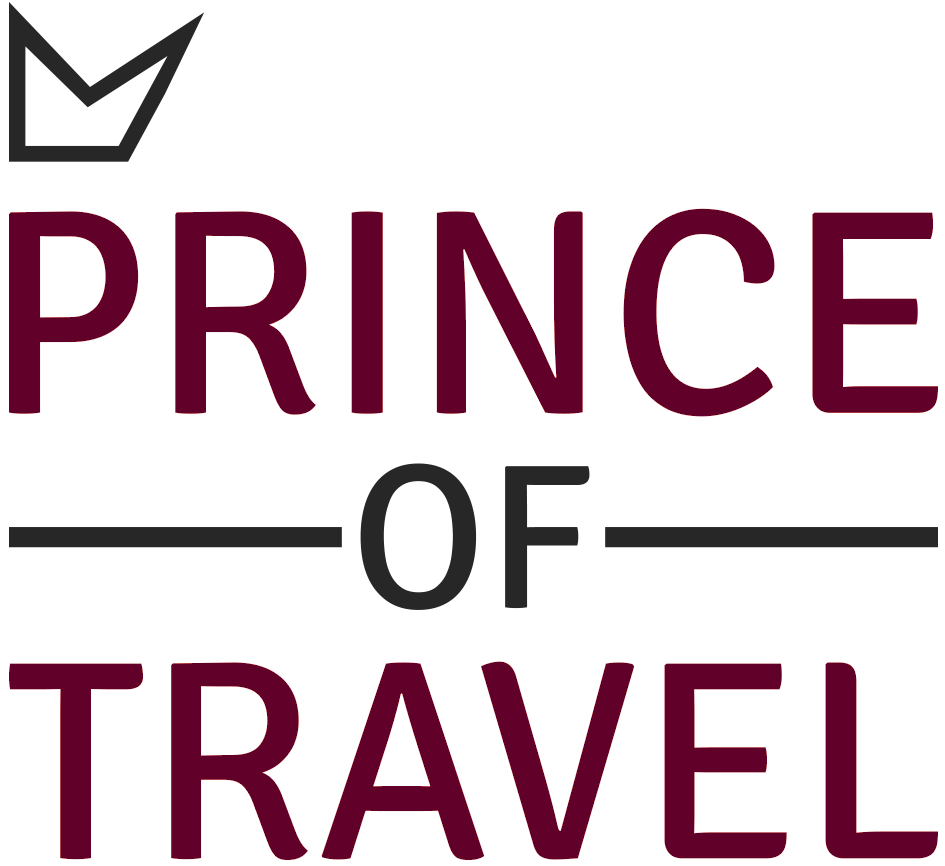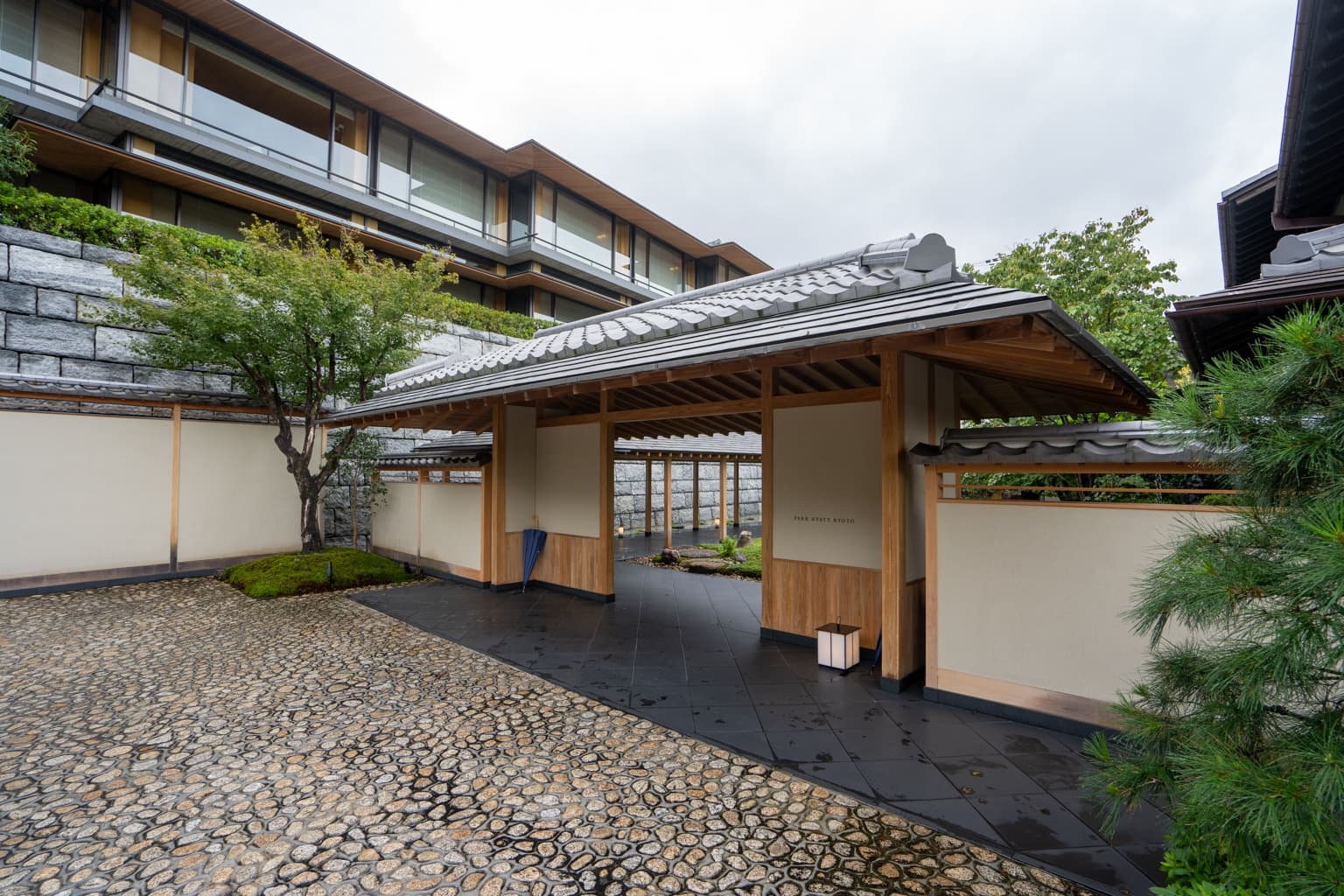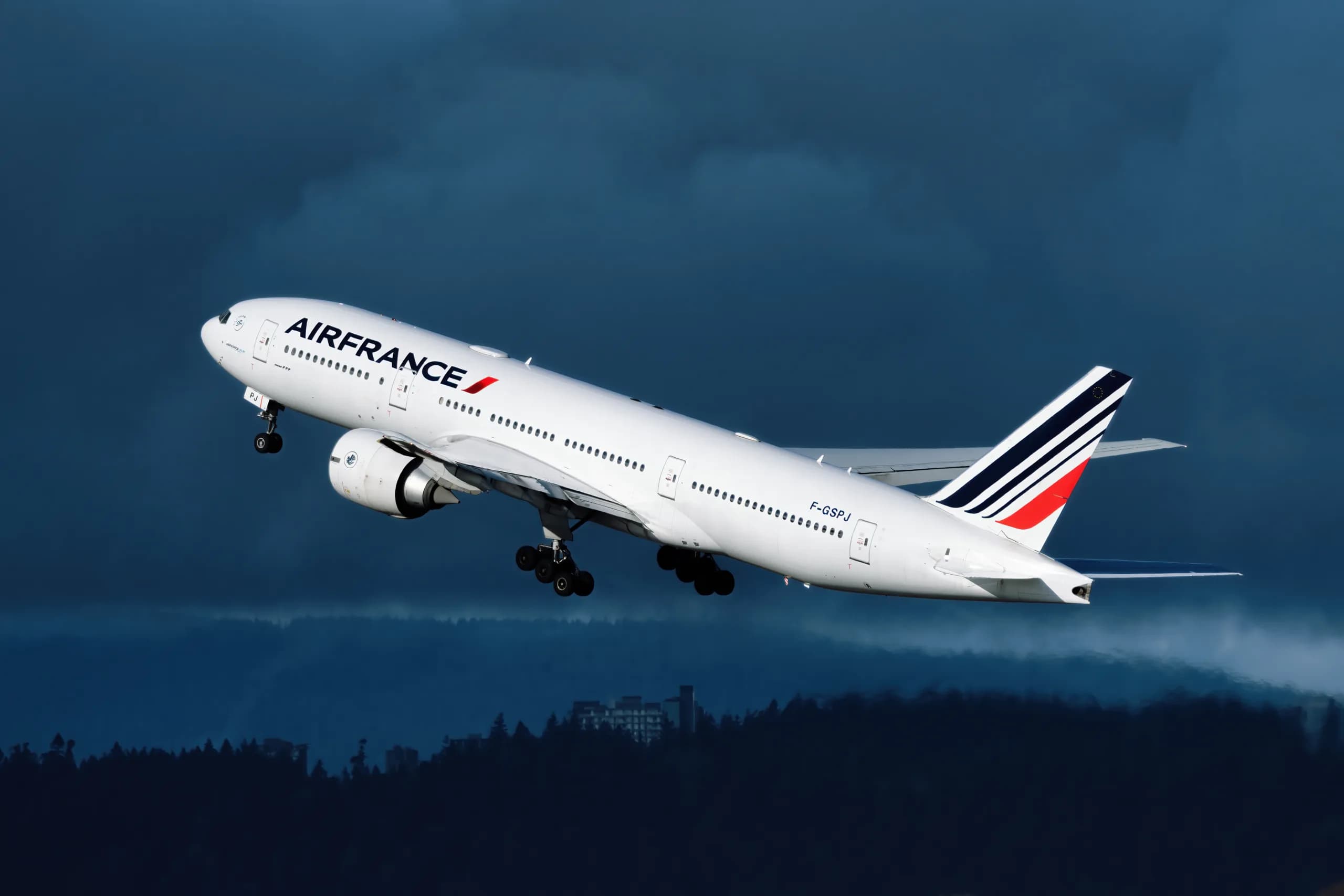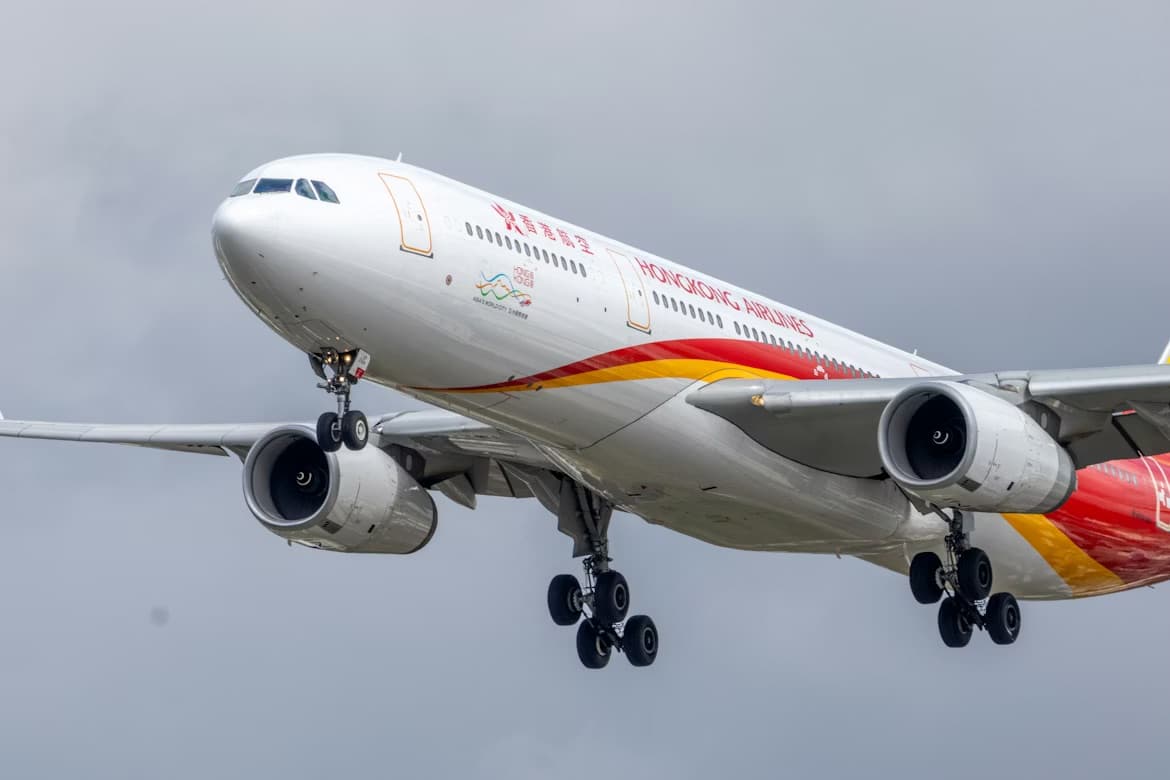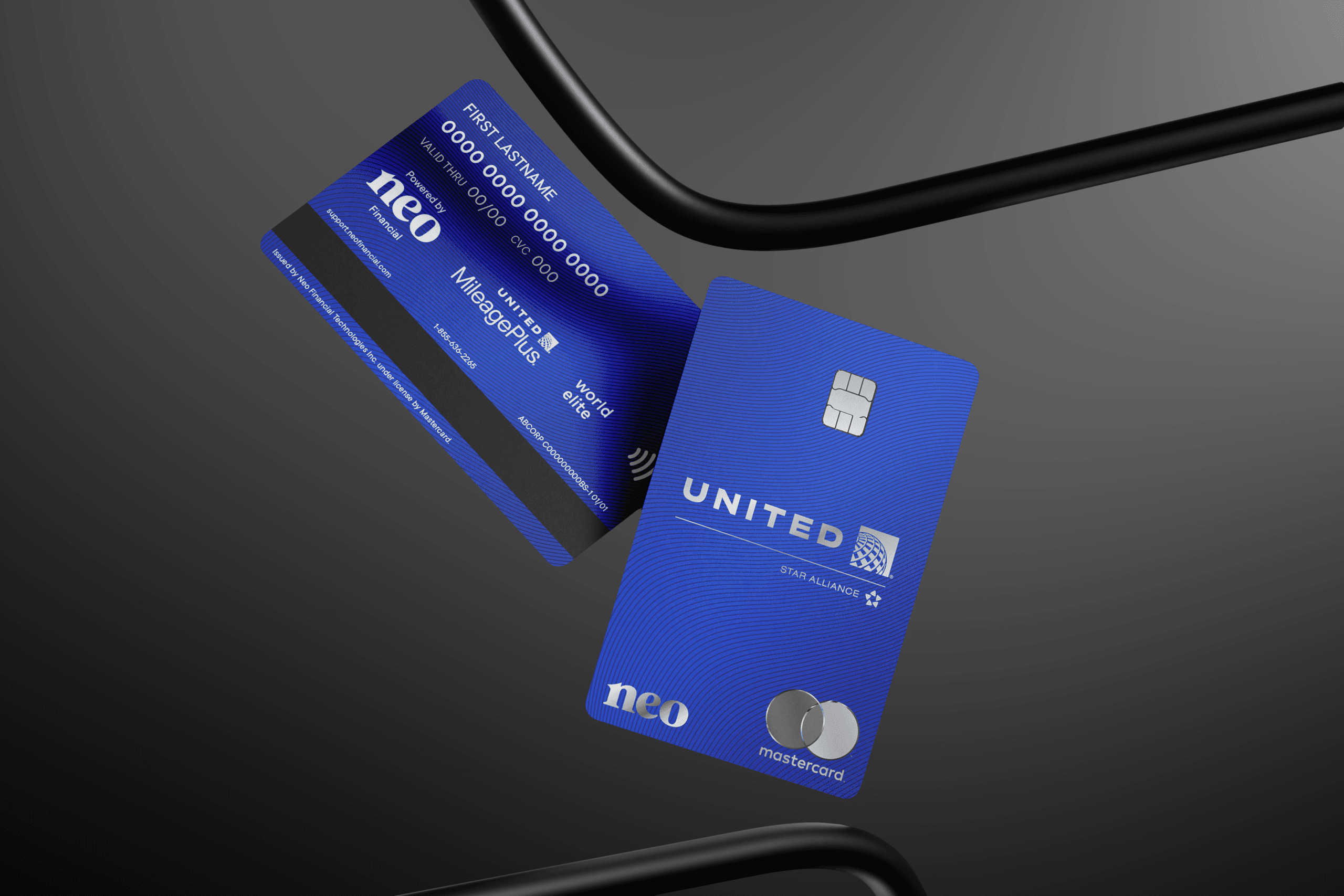Seychelles Reopening to Canadian Travellers: What You Need to Know

Like Bora Bora and the Maldives, the Seychelles are known for their gorgeous beaches and crystal-clear waters.
The Seychelles was only closed for a few months after March 2020 and have been open to tourism since June 2020, although their entry requirements have fluctuated over time.
In early 2021, the Seychelles were one of the first countries to start requiring proof of vaccination; however, they have since relaxed this requirement once local vaccination rates began increasing.
Seychelles Travel Restrictions
Since March 25, 2021, the Seychelles have been open to all travellers, except those who have been in South Africa, Brazil, India, Pakistan, Nepal, Bangladesh, Côte d’Ivoire, or Guinea in the 14 days prior to arrival.

How Can Canadians Enter the Seychelles?
All Canadians are allowed to enter the Seychelles via a flight or a cruise. As of October 2021, when departing Canada by air, travellers are required to present proof of vaccination.
All travellers must present a negative COVID-19 test prior to departure. This must be a PCR test and must be taken within 72 hours of departure.
Furthermore, travellers must have evidence of valid health insurance to cover potential COVID-19 related costs including isolation, quarantine, and treatment.
Finally, travellers must apply for entry through the Health Travel Authorization platform. This must be completed prior to check-in in order to board your Seychelles-bound flight.
All booked accommodation, tours, and car rentals must be authorized by the Public Health Authority; the full lists are available on the Seychelles Tourism website.
For entry by way of a cruise, all visitors must email the Public Health Authority in order to apply for entry.

Testing & Quarantine Upon Arrival
Seychelles does not require an arrival test, so as long as the pre-departure PCR test is negative and taken within 72 hours, there should be no further difficulties upon arrival.
Testing & Quarantine Upon Return
As of April 1, 2022, a negative test is no longer required prior to travelling back to Canada.
If you do need to find a test in the Seychelles, this is easy enough to attain in the Seychelles, albeit somewhat expensive.
The most popular and convenient COVID-19 testing service is offered by Seychelles Medical Private Testing.

There are also several private clinics that offer a PCR test, with costs around 2,500–3,000 SCR ($250–300). A full list of testing clinics can be found on the Seychelles Tourism website.
Of course, it’s also worth inquiring with your resort directly to arrange testing, as they may have access to discounts or additional local testing options.
Alternatively, consider purchasing a Switch Health RT-LAMP or antigen test kit for an easy remote testing option via telehealth video link.

Current Health Requirements in the Seychelles
The most prominent restriction is the mask requirement: it is mandatory to wear a mask in while in public.
Furthermore, there is a curfew from 11pm to 4am. During the curfew, guests are encouraged not to leave their place of accommodation.
Gatherings are limited to four people, indoors and outdoors. Also, all shops, bars, and casinos will close at 7pm.

Splitting your time in the Seychelles between the main islands of Mahé, Praslin, and La Digue is a common way to travel and ferries are still running between them, albeit with a restricted schedule.
Ferries cost between €50–60 ($75–90) for economy class tickets and €70–80 ($105–120) for business class, with children paying half price.
You can also fly from Mahé to La Digue for $187 one-way per person.

Where to Stay in the Seychelles
As a destination known for its luxury resorts, points-abundant travellers have a decent range of properties to choose from.
Hilton in particular has a very wide portfolio in the islands, including:
- DoubleTree by Hilton Seychelles Allamanda Resort & Spa: 70,000 points per night
- Hilton Seychelles Labriz Resort & Spa: 80,000 points per night
- Hilton Seychelles Northolme Resort & Spa: 95,000 points per night
- Mango House Seychelles, LXR Hotels & Resorts: 95,000 points per night
At these resorts, you can also leverage Hilton’s Fifth Night Free benefit to unlock maximum value for your points.
There’s also L’Escale Resort Marina & Spa, part of Hyatt’s Small Luxury Hotels portfolio. This property costs 40,000 World of Hyatt points per night.
Marriott Bonvoy’s presence in the Seychelles is comparatively weaker. Their sole property, however, makes for a true once-in-a-lifetime luxury experience: North Island, part of Marriott Bonvoy‘s Luxury Collection, is priced “off the charts” at a staggering 365,000 Bonvoy points per night, with every fifth night getting you 85,000 points off.
Finally, you can also consider the Six Senses Zil Pasyon should you have a large stash of IHG Rewards points to burn, while other aspirational properties include the Raffles Seychelles and the Four Seasons Resorts Seychelles.

How to Get to the Seychelles
There’s no shortage of ways to travel to the Seychelles in greater comfort using your rewards points.
Using Aeroplan, flights from Canada will cost 100,000 Aeroplan points one-way in business class, regardless of your routing.

Another option is to use Flying Blue miles to book Air France business class, costing 85,000 miles one-way from Toronto (plus a fairly hefty $600+ in surcharges).

Qatar Airways Qsuites is another fantastic way to travel to the Seychelles. This can be booked for 75,000 AAdvantage miles one-way with no surcharges, or 90,000 Asia Miles one-way plus surcharges of about US$450.

Aspirational travellers who are interested in flying First Class can consider the following routings:
- Etihad Airways 787 First Class via Abu Dhabi for 130,000 Aeroplan points one-way
- Emirates First Class via Dubai for 160,000 Emirates Skywards miles one-way


Conclusion
Travel requirements in the Seychelles are about as simple as it gets these days, and the small island nation also boasts one of the world’s highest vaccination rates.
Combined with picturesque beaches and world-class resorts that can be booked on points, the Seychelles can make for a wonderful destination this upcoming fall and winter.
As always, you can refer to our Travel During COVID-19 Resource for Canadians for the most up-to-date information on travelling in the pandemic era.

First-year value
$336
Monthly fee: $15.99
• Earn 1,250 points per month upon spending $750 per month for 12 months
Earning rates
Key perks
- Transfer to airline and hotel partners
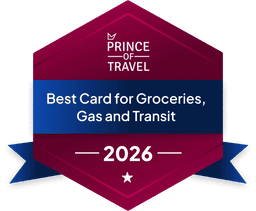
Monthly fee: $15.99
• Earn 1,250 points per month upon spending $750 per month for 12 months
Earning rates
Key perks
- Transfer to airline and hotel partners
